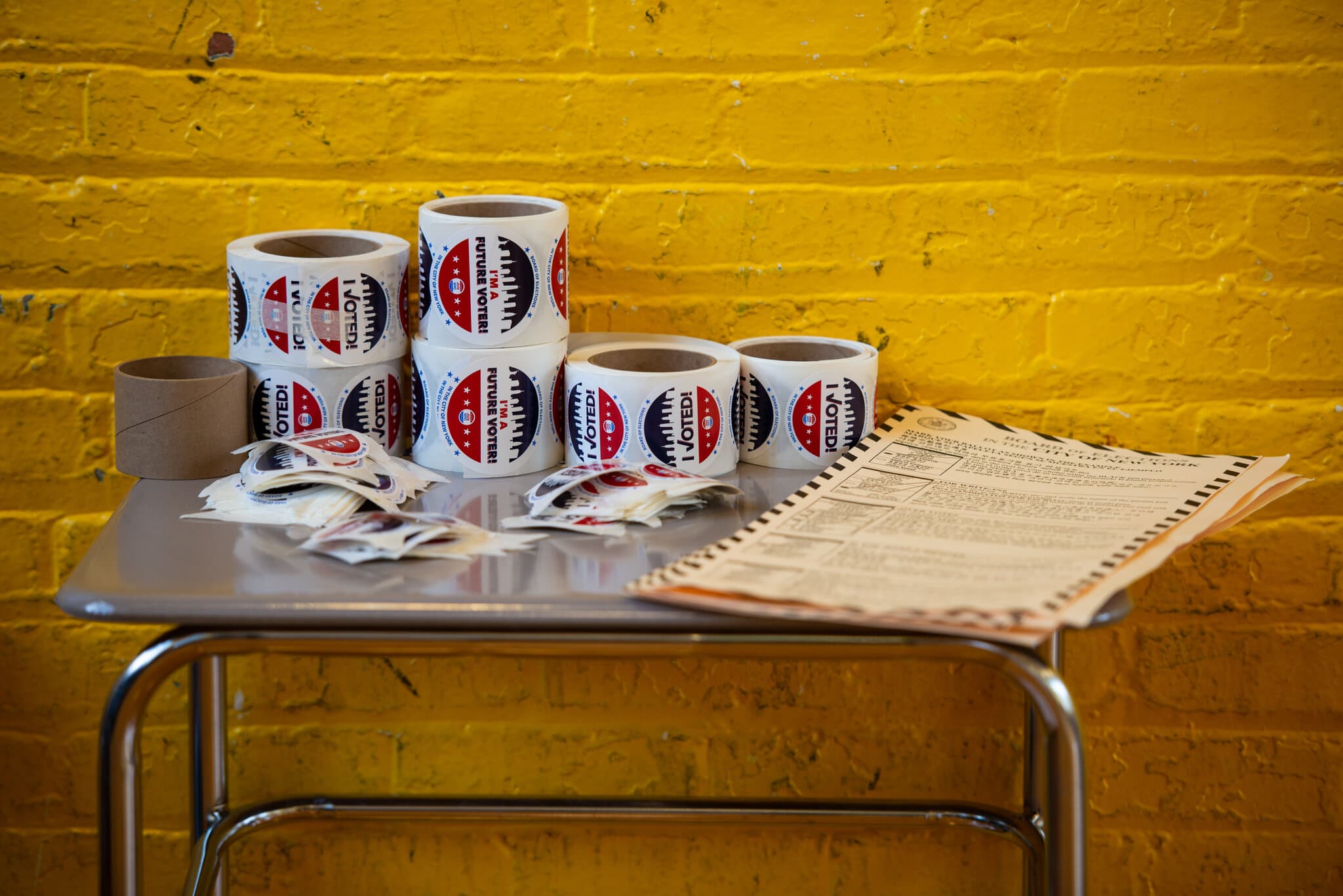Douglass Mackey's 7-Month Sentence Nullified as Appeals Court Overturns Conviction

New York – A federal appeals court has overturned the conviction of social media influencer Douglass Mackey, who was previously sentenced to seven months in prison for his role in a 2016 voter suppression scheme. The 2nd U.S. Circuit Court of Appeals in Manhattan issued a unanimous decision in July 2025, finding that prosecutors failed to provide sufficient evidence that Mackey knowingly conspired to deprive citizens of their right to vote. This ruling nullifies the prison sentence he received in October 2023.
Mackey, known online as "Ricky Vaughn," was convicted in March 2023 of conspiracy against rights. The charges stemmed from his actions during the 2016 presidential election, where he posted deceptive memes on Twitter. These memes, designed to mimic official Hillary Clinton campaign ads, falsely instructed voters, particularly Black and Latino individuals, to "vote" by texting a specific number, a method not recognized as a valid vote.
Prosecutors argued that Mackey, who had approximately 58,000 Twitter followers, intentionally sought to suppress Democratic voter turnout. Following his conviction, U.S. District Judge Ann M. Donnelly sentenced Mackey to seven months in prison, stating he was "one of the leading members" of a conspiracy that was "nothing short of an assault on our democracy." The Justice Department emphasized its commitment to prosecuting crimes threatening democracy.
However, the appeals court determined that the government did not sufficiently prove Mackey's knowing participation in a conspiracy. Chief Judge Debra Ann Livingston wrote that there was no evidence Mackey coordinated with others to create the memes or that he even viewed relevant group chat discussions among alleged co-conspirators. The court also noted a lack of evidence that Mackey's tweets actually tricked anyone into failing to vote properly.
The case has been a focal point in discussions surrounding free speech, election interference, and the legal boundaries of online political activity. The appeals court's decision has been hailed by some as a victory for free speech, while others express concern over the implications for combating disinformation in elections. Mackey's legal team expressed joy, stating the court "vindicated Mr. Mackey and validated the arguments in his defense."